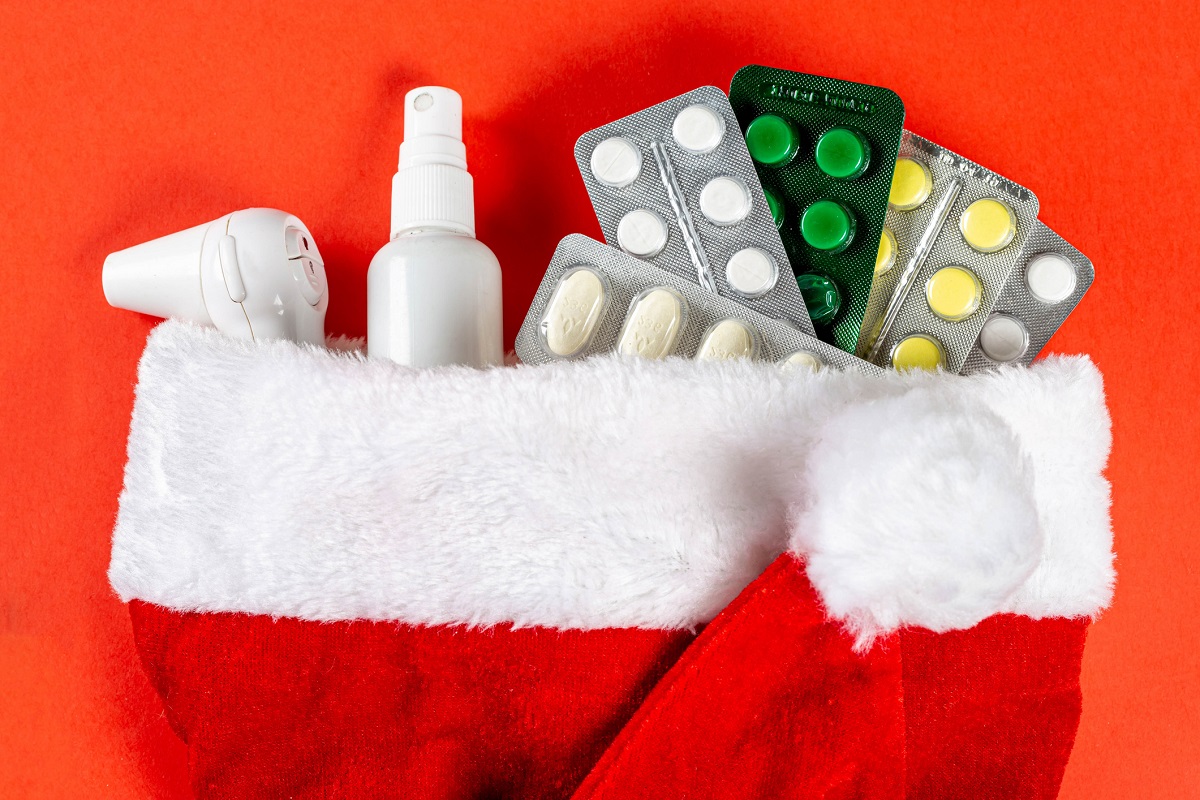
That holiday gift has been staring at you for weeks, and it has your name on it. Literally. Your name is written on the card.
December 14, 2023
What could be in there? Maybe that high-tech toy you’ve been dropping hints about since last year? That sweater you’ve had your eye on? Something new and fun you’ve never seen before?
Or could it be…a gift for your health?
OK, so maybe the incoming mailroom at the North Pole isn’t often overrun with wish lists for gauze pads and sutures during the holidays. But sometimes a gift that helps improve someone’s health can be the best one of all – even if when they open it it inspires them to take a long winter’s nap out of boredom.
Dr. Tatiana Dalton, a family medicine physician and medical director of primary care services for Penn State Health Medical Group’s Berks and Harrisburg regions, offers advice for last-minute gift ideas along with pro tips to make sure you’re giving the most useful presents.
Some of these suggestions might not, by themselves, create many ooos and ahhhs, but when it comes to holiday peace of mind, they can be hard to beat.
Smart watch activity tracker
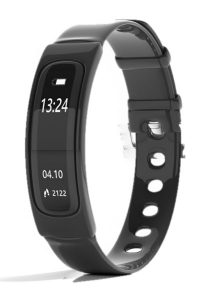 Who doesn’t love a gadget as a gift?
Who doesn’t love a gadget as a gift?
Pro tips: Dalton suggests picking a tracker that counts steps and tracks activities — and also follows sleep cycles.
“Some of these are really slick now,” she said. They can show the wearer how long they slept, what their heart rate was and how often they moved to determine what their quality of sleep was like. Not getting enough sleep is connected to a host of chronic diseases such as Type 2 diabetes, obesity and heart ailments, according to the U.S. Centers for Disease Control and Prevention (CDC).
A fitness tracker should also offer gentle reminders, she said. If the wearer is spending too much time sitting, for example, a vibration or quiet alarm can let them know it’s time to get moving. The wearer can also program some trackers with personal fitness goals, Dalton said.
Thermometer
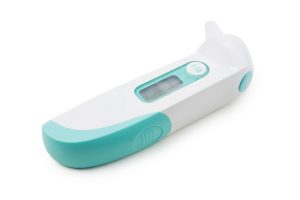
It may sound dull, but thermometers are useful and high tech. Gone are the days of the mercury-filled tube under the tongue. Now, electronic wands can read your body temperature by simply touching your forehead. Some can even get a reading and not come into contact with you at all.
“Every family should have one on hand,” Dalton said. “With all respiratory illnesses, fever is an important measure to understand.”
Pro tips: While most options have their good points, tympanic ear thermometers are generally the most accurate, Dalton said. Forehead thermometers can be affected by lots of factors. For example, a chill outside can make the readings lower.
“Always follow the recommendations of the manufacturer to ensure accuracy,” she said.
Blood pressure cuff
If you know someone with high blood pressure, one of these inflatable cuffs can help them keep up with a doctor’s orders to monitor the force of blood circulating against blood vessel walls. “It’s one of the most important tools we use,” Dalton said.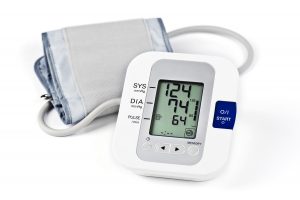
Pro tips: Some blood pressure cuffs are built to fit around a wrist. Don’t go for these, Dalton said. Cuffs designed to fit on the upper arm give the most reliable readings, she said.
You can still find analog displays – the dial with the clock hand – but spring for the digital device, she said. It’s just easier.
Want to make sure it’s working right? You can take your blood pressure cuff to your doctor’s office where they can check to ensure it’s properly calibrated.
First aid kit
What better way to protect the people you care about than with a kit they can use to treat injuries?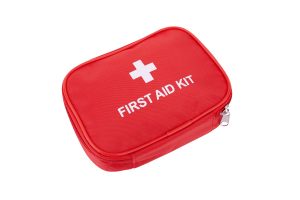
Manufacturers assemble and sell complete kits, so you don’t have to build your own. Drivers can stow a box of necessary medical supplies in their car to make sure they have access to items like bandages and antiseptic.
“Most people who have kids should have a first aid kit,” Dalton said.
Pro tips: “The basics should be gauze, some sort of antibiotic ointment or alcohol swab and bandages,” she said.
Some kits are small and designed for travel or to fit a variety of purposes. But make sure they have those basics.
Surgical masks
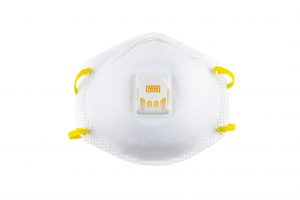 Chances are the person you’re shopping for isn’t going to jump up and down when they open a box of surgical masks. But since the days of COVID-19, masks are essential equipment. They’re still a great way to prevent spreading respiratory diseases.
Chances are the person you’re shopping for isn’t going to jump up and down when they open a box of surgical masks. But since the days of COVID-19, masks are essential equipment. They’re still a great way to prevent spreading respiratory diseases.
Pro tips: Don’t skimp. If you’re going to go this route, buy N95 masks, Dalton said. These masks filter out particles and offer a tight fit.
The CDC says you can check to ensure a proper fit:
- By cupping your hands around the outside edges of the mask.
- By making sure no air is flowing from the area near the eyes or from the sides of the mask.
- By checking making sure you feel warm air come through the front of the mask. You may be able to see the mask material move in and out with each breath.
For the latest masking pro tips, check out the CDC’s website.
The Medical Minute is a weekly health news feature produced by Penn State Health. Articles feature the expertise of faculty, physicians and staff, and are designed to offer timely, relevant health information of interest to a broad audience.
Related content:
- The Medical Minute: Health tips for a jolly old elf (a holiday survival guide for the rest of us)
- The Medical Minute: Making a holiday present of being present
